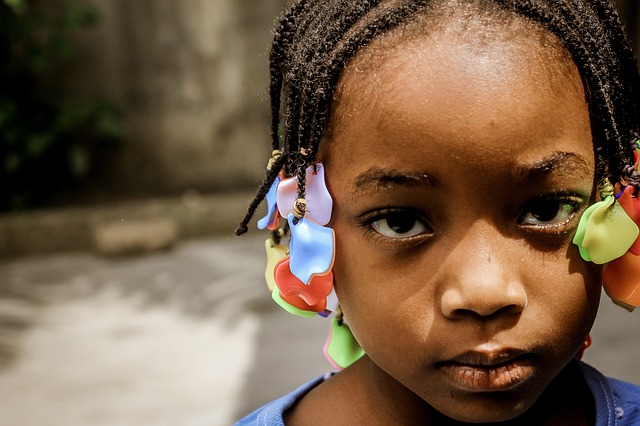
Thanks for joining us again. We discussed some strategies for avoiding one-adult/one child situations in the previous article, but in this segment we’re going to focus on addressing issues pertaining to internet use and how that can play into abusive situations.
Child predators are not stupid. They are never going to show up on your doorstep asking to take your child out for unsupervised ice-cream. They are going to work hard to earn your child’s trust and friendship, circumventing interaction with you if at all possible. And what is one of the easiest ways to do that in today’s world? Online.
The internet allows for anonymity, which is a child molester’s best friend. Most children aren’t going to welcome the attentions of an older man or woman, but will quickly divulge all kinds of personal and identifying information to a peer. Many potential child abusers and predators present themselves as young, friendly and good looking online. They hide behind pictures, use false names, and shave decades off their ages.
For this reason it is critical to remember that seeing is NOT believing when you’re online. And we cannot stress enough the importance of explaining this to your kids. Because they are not mature enough to exercise caution in all situations. They also crave acceptance from their peers more than they will admit, and are insatiably curious. As a result, they are likely to fall prey to someone’s deception at some point if they are not carefully guided.
The flip side of this coin applies to you. As an adult internet user, we would caution honesty in all your online dealings – should anyone discover that you use a false name online, or alter your age to appear younger, you open yourself to the possibility of others assuming that you have something to hide. This can lead to incorrect assumptions about your motives, and even false accusations against you.
Talking regularly to your children about internet safety, and keeping that discussion open so that they will feel free to discuss with you any odd or out-of-place encounters they have online, will go a long way toward reducing their interaction with possible predators. Answer their questions as honestly as possible about what and why – they need to know what they are up against, and you will not always be there, hanging over their shoulder to protect them.
Monitor your children’s online activities as well. You don’t have to stand and watch the screen (which they wouldn’t appreciate anyway), but let them know that while they are still legally minors, it is your job to make sure that they are safe. This does not mean snooping and spying, which tells them that you don’t trust them, but it does mean some oversight and random checks. Be sure that they understand that you want to respect their privacy, but also want to make sure that they are safe. Discuss ways to achieve that goal that works comfortably for both of you and stick to it.
Conversely, we would advise that you not befriend any minors online, regardless of their apparent maturity. Because it can be practically impossible to know who you are really talking to at any given time, be careful about what you say online when talking to people you’ve never met in person. Should a minor’s parents come across evidence of your online dialogue, however harmless, they could make assumptions about your intentions, and possibly even make false allegations against you.
Also, teach your kids about basic internet etiquette. Things like “if you wouldn’t do it face to face, then don’t do it online”, and “everything that you say and do online is out there forever, so make sure that you’re careful because it may come back to haunt you.” And remember – apply this advice to your own internet use as well! All it would take is one agitated parent assuming the worst about an online dialogue that you thought you were sharing with another adult, and you could be in a world of trouble!
We hope this was helpful to you. We know that discussing internet safety, both for you and for your children, isn’t the most exciting subject. But it is very important! As a parent, we know that you want to keep your kids safe, and avoid being accused of crimes that you never committed. So be safe and be smart. If however, someone misunderstands your intentions, or accuses you or attempting to abuse a child, contact us immediately at 866 766 5245. We can help you!
